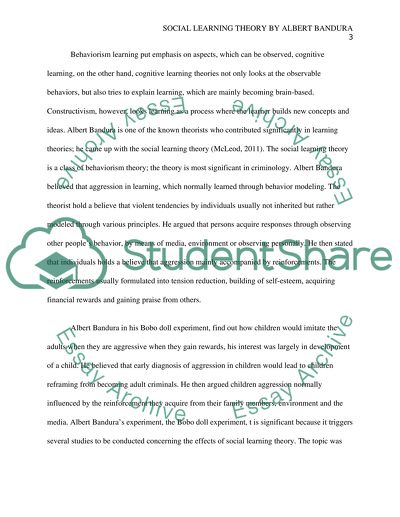Cite this document
(“Social learning theory by Albert Bandura Essay Example | Topics and Well Written Essays - 3500 words”, n.d.)
Retrieved from https://studentshare.org/education/1402744-theorist-paper
Retrieved from https://studentshare.org/education/1402744-theorist-paper
(Social Learning Theory by Albert Bandura Essay Example | Topics and Well Written Essays - 3500 Words)
https://studentshare.org/education/1402744-theorist-paper.
https://studentshare.org/education/1402744-theorist-paper.
“Social Learning Theory by Albert Bandura Essay Example | Topics and Well Written Essays - 3500 Words”, n.d. https://studentshare.org/education/1402744-theorist-paper.


